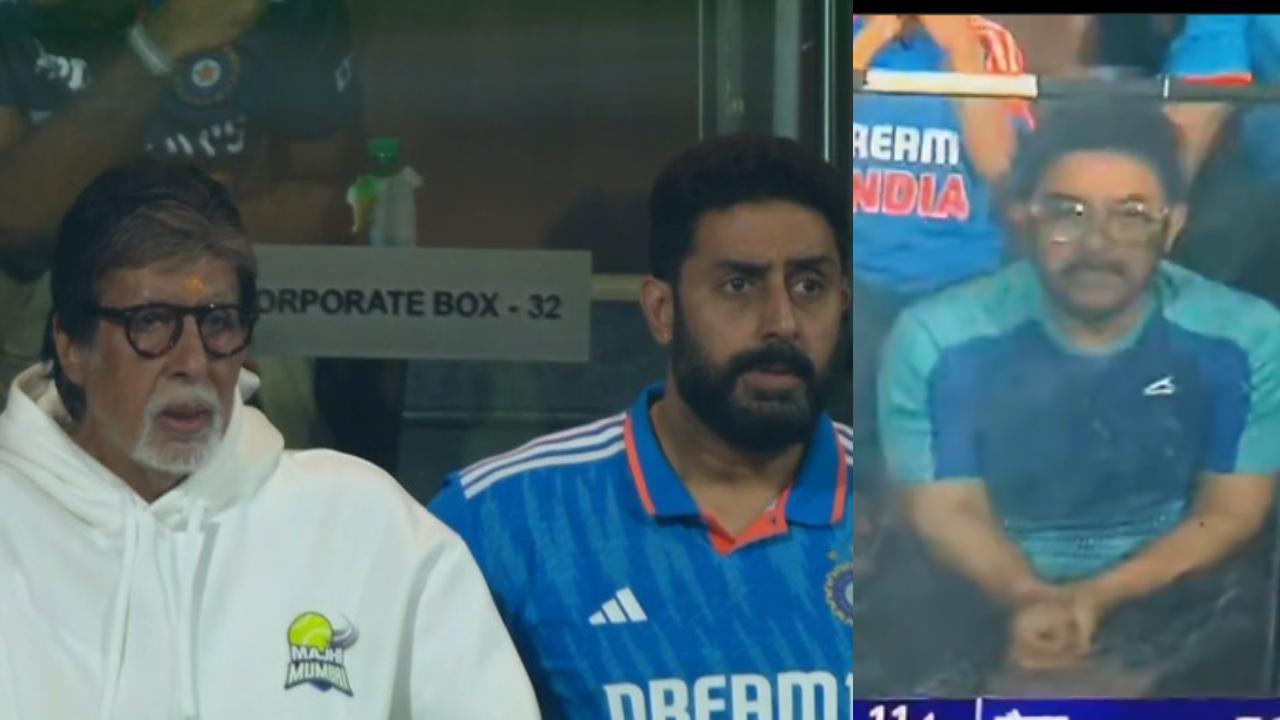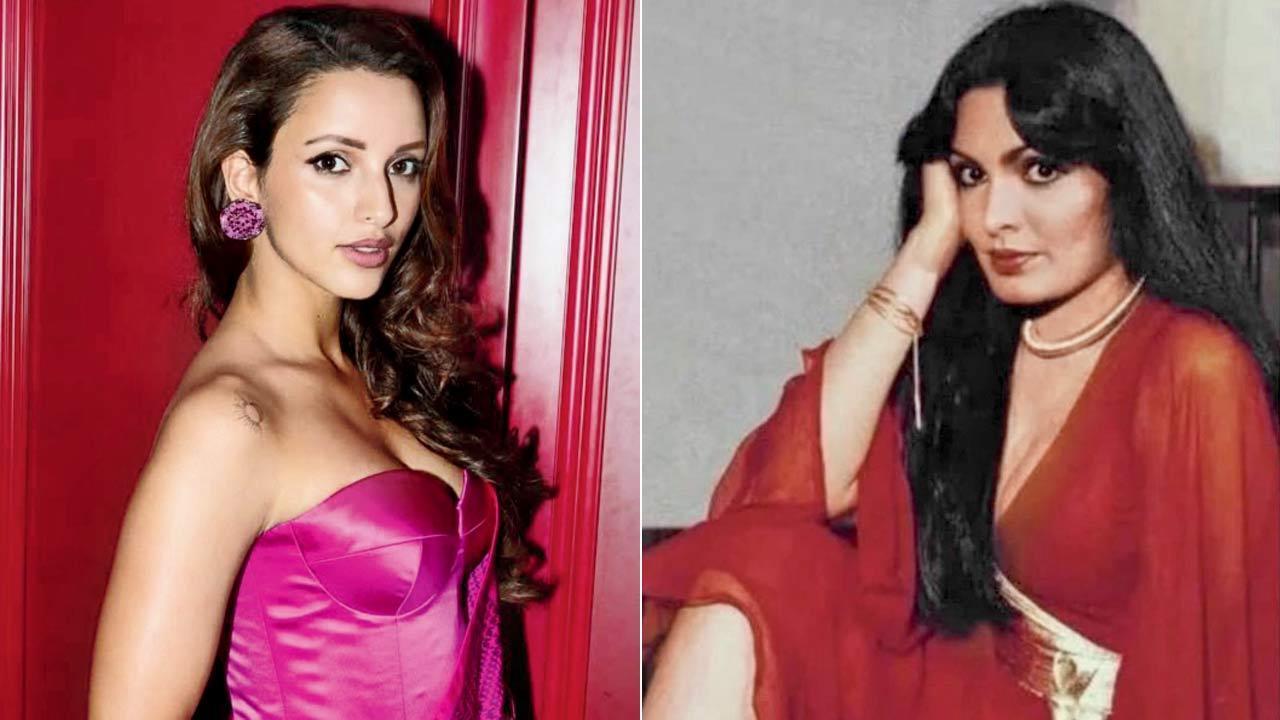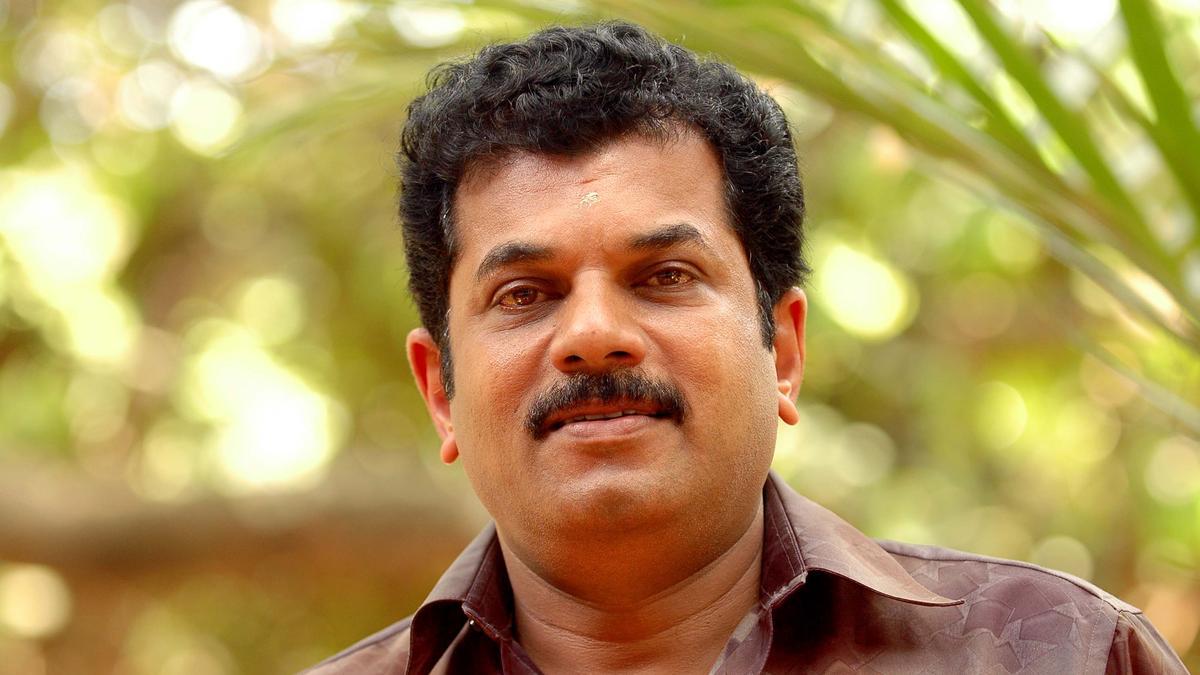
The multifaceted realm of the DC Extended Universe (DCEU), a decade in the making, has reached its conclusion. Once a powerhouse promise uniting world-renowned superheroes and top-tier talent, the DCEU struggled to launch into the cinematic cosmos it aimed for. A string of disappointments, punctuated by the recent underperformance of “Aquaman and the Lost Kingdom,” signals a bleak outcome from which recovery seems unlikely. A squad of superheroes unable to salvage their own universe is a stark irony indeed.
In a welcome twist for devotees of icons like Superman, Batman, and Wonder Woman, the DC Universe (DCU) emerges to ingeniously soft-reboot what the DCEU could not solidify. Despite encountering both zeniths and nadirs, the DCEU’s narrative brimmed with more controversies and drama than its on-screen stories. Charting its tumultuous journey offers insight into both its creative escapades and tumult.
Warner Bros. envisioned a coalition of DC superheroes on the silver screen as early as 2002, and a Justice League film was and amongst other crossovers were put in motion. However, the box office debacle of 2011’s “Green Lantern” torpedoed those early ambitions. Two years later, Zack Snyder’s “Man of Steel” would officially inaugurate the DCEU.
Setting a markedly darker tenor in plot and character development, Snyder’s vision became emblematic of the DCEU. In stark contrast to its rival Marvel, which took measured steps toward its crossover spectacle “The Avengers,” the DCEU rushed into its own with “Batman v Superman: Dawn of Justice.” The anticipation for this unprecedented cinematic encounter shattered the internet.
Whilst “Batman v Superman” shattered box office records initially, it subsequently suffered a precipitous decline from which it never recovered. Despite high hopes, critical reception was mixed at best. The film’s hasty introduction of an ultimate villain like Doomsday and the premature death and resurrection of Superman sparked significant criticism, as did Jesse Eisenberg’s contentious portrayal of Lex Luthor.
2016 also brought audiences “Suicide Squad,” which further exposed cracks in the DCEU with its disappointing reception. Despite this, it introduced fan-favorite Harley Quinn into the film lexicon. Like Wonder Woman, portrayed by Gal Gadot, Margot Robbie’s Harley Quinn captivated audiences, with “Wonder Woman” ranking as the DCEU’s most lauded entry.
Just as momentum seemed to build, “Justice League” arrived, teeming with potential yet failing to deliver under the weight of Snyder’s departure due to a family tragedy and Joss Whedon’s controversial takeover. The film’s failure led to the cancellation of a darker-themed sequel and other planned standalone films.
Amidst this upheaval, the studio’s subsequent Batgirl film was shelved, even though it neared completion. While Gal Gadot and Margot Robbie could not replicate their previous successes in “Wonder Woman 1984” and “Birds of Prey,” a fan-led movement successfully lobbied for the release of Snyder’s version of “Justice League,” though Warner Bros. curiously maintained the original as canon.
The DCEU’s journey saw bright spots with “The Suicide Squad” and the acclaimed television series “Peacemaker,” as well as separate triumphs in “The Batman” and “Joker,” which were not part of the main universe. Nonetheless, Dwayne Johnson’s much-touted “Black Adam” failed to live up to expectations, marking a point of no return.
Enter Warner Bros. Discovery (WBD), born from the merger of Discovery Inc. and WarnerMedia. James Gunn and Peter Safran, installed as the heads of DC Studios, announced the closure of the DCEU. They unveiled a ten-project slate for the rebranded DCU, entitled “Gods and Monsters,” charting a decade-long journey with two chapters, including a mix of films and series.
Although a soft reboot means potential role reprisals for some actors, uncertainty clouds the fate of major characters. Off-script projects—not fitting the new shared universe—will fall under the “DC Elseworlds” category. After a decade of middling impact and lackluster returns, the DCU is poised for a renewed effort to combat superhero fatigue. If determination and iconic characters have any say, the new DCU could yet soar to vindicate the legacies of the very titans it portrays.










